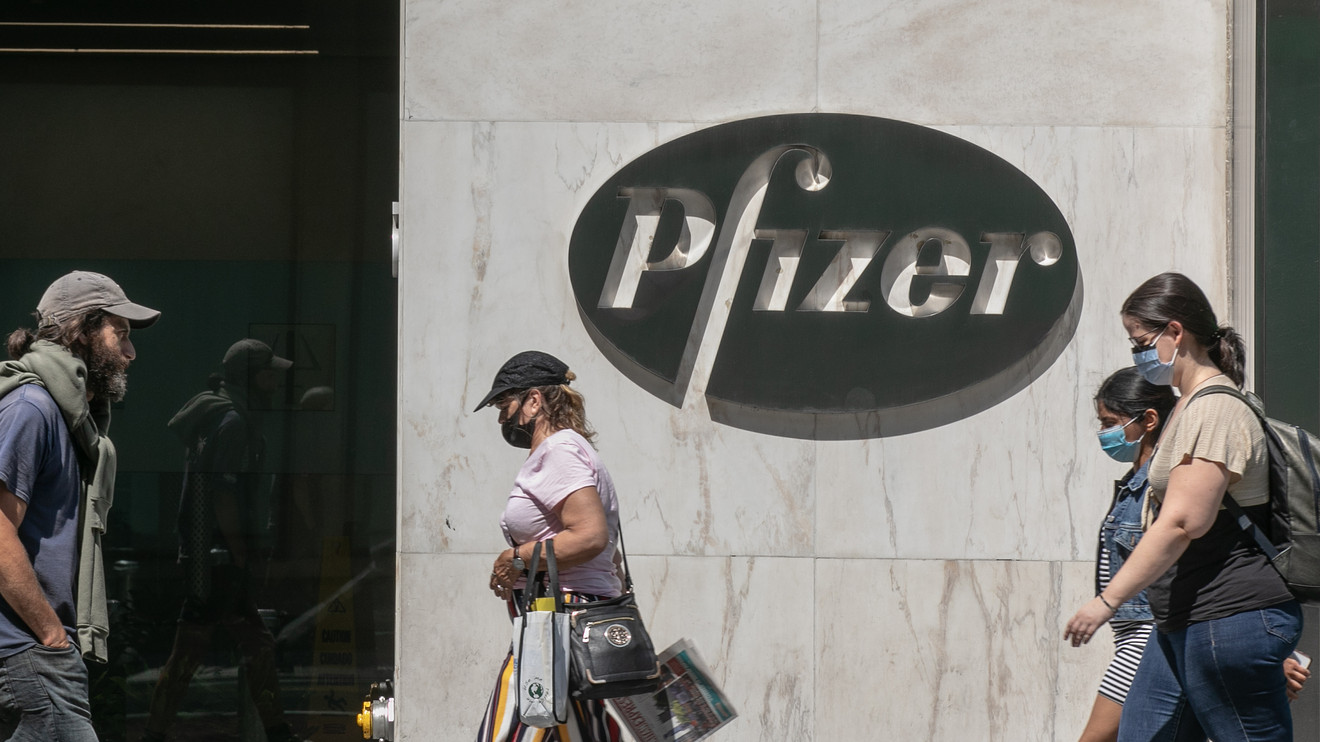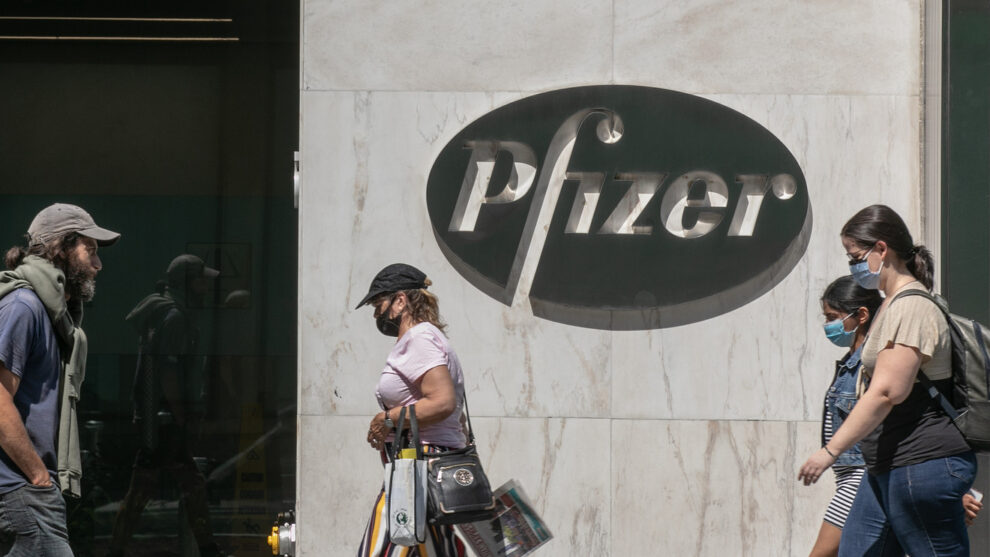
The pharmaceutical industry is raising the prices of many products in the new year, albeit at a rate slightly below the past couple of years.
GlaxoSmithKline PLC GLAXO, -0.77% and Sanofi SA SANO, +0.09% are among the companies that raised the prices of hundreds of drugs by an average of 3.3%, according to a new analysis.
Pfizer Inc. PFE, +0.19%, which has a large portfolio of products, led the way with the most increases, raising prices by 5% or less on more than 200 products. The drug industry normally sets prices for its therapies at the start of the year and again in the middle of the year.
In all, about 70 drugmakers raised prices in the U.S. on Friday, according to an analysis from Rx Savings Solutions, which sells software to help employers and health plans choose the least-expensive medicines. The average increase of 3.3% included changes to different doses for the same drug, according to the analysis. Inflation registered at 1.2% for the most recent 12 months.
This year’s average is lower than that of a year ago, when more than 60 companies raised the prices on hundreds of drugs by an average of 5.8%, according to the analysis. However, it found that companies raised prices on at least 50% more products compared with last year.
The largest price increase, 31%, came via Advanz Pharma Corp. and its hypertension product Dutoprol, according to the analysis. The drug is a branded combination of two lower-cost generic medicines that have been around for decades. The U.K.-based company didn’t immediately respond to requests for comment.
Pfizer is currently rolling out a Covid-19 vaccine it developed with Germany’s BioNTech SE in the U.S. and other countries. A year ago Pfizer similarly raised prices on a number of drugs, and has previously been criticized by President Trump for how it has priced its products.
Many of the New York-based company’s products rose in price by 5% or less, according to the Rx Savings Solutions analysis. Among them are breast-cancer treatment Ibrance, which sold about $4 billion globally through the first nine months of last year, plus rheumatoid arthritis therapy Xeljanz and pneumococcal vaccine Prevnar.
A Pfizer spokeswoman said the company’s price increases were in line with inflation, and were necessary to fund research of new drugs. Most of them affected hospital and sterile injectable products, about a third of which are sold at or below its cost of manufacturing, Pfizer said.
The price hikes for companies affect so-called list prices that are set by manufacturers; most patients don’t pay these prices, which don’t take into account rebates, discounts and insurance payments. Patients without insurance, or those with a pharmacy deductible may pay the full list price.
Drugmakers have said prices are increased in conjunction with rebates they give to pharmacy-benefit managers, or PBMs, in order to get favorable placement on the lists of covered drugs known as formularies.
In fact, net prices have declined because of large rebates to PBMs, which negotiate prices in secret with their clients, such as employers and labor unions.
During the third quarter of 2020, net prices fell 2.3% versus a 4.7% drop in 2019, according to SSR Health LLC pharmaceutical analysts. While list prices have risen on average nearly every quarter since 2017, net prices have declined during that time, according to data from SSR.
In recent years, pharmaceutical companies have increasingly cited the net price phenomenon, saying they don’t actually benefit much from list-price increases and that their net prices are suffering because they are paying bigger rebates to pharmacy-benefit managers.
The drug industry in recent years faced growing scrutiny from patients, lawmakers and health plans over the prices of its products. Some companies responded with pledges to not raise list prices beyond certain levels, including to less than the cost of inflation; but they are also trying new and creative ways to get paid for their most expensive medicines.
The Trump administration’s efforts to lower drug prices have largely been thwarted by lawsuits from the industry, including an attempt to link the prices of certain prescription drugs in the U.S. to their prices in other developed countries. Still, in November, the administration finalized a rule seeking to curb rebates paid to middlemen in Medicare.
President-elect Joe Biden’s administration is also expected to try to lower the costs of prescription drugs, and Mr. Biden has called for limits on the prices of newly launched drugs. Most of his proposals draw from the Democratic playbook for curbing drug prices, including one that would set up an independent government board to determine prices paid by most government purchasing programs, including Medicare.











Add Comment